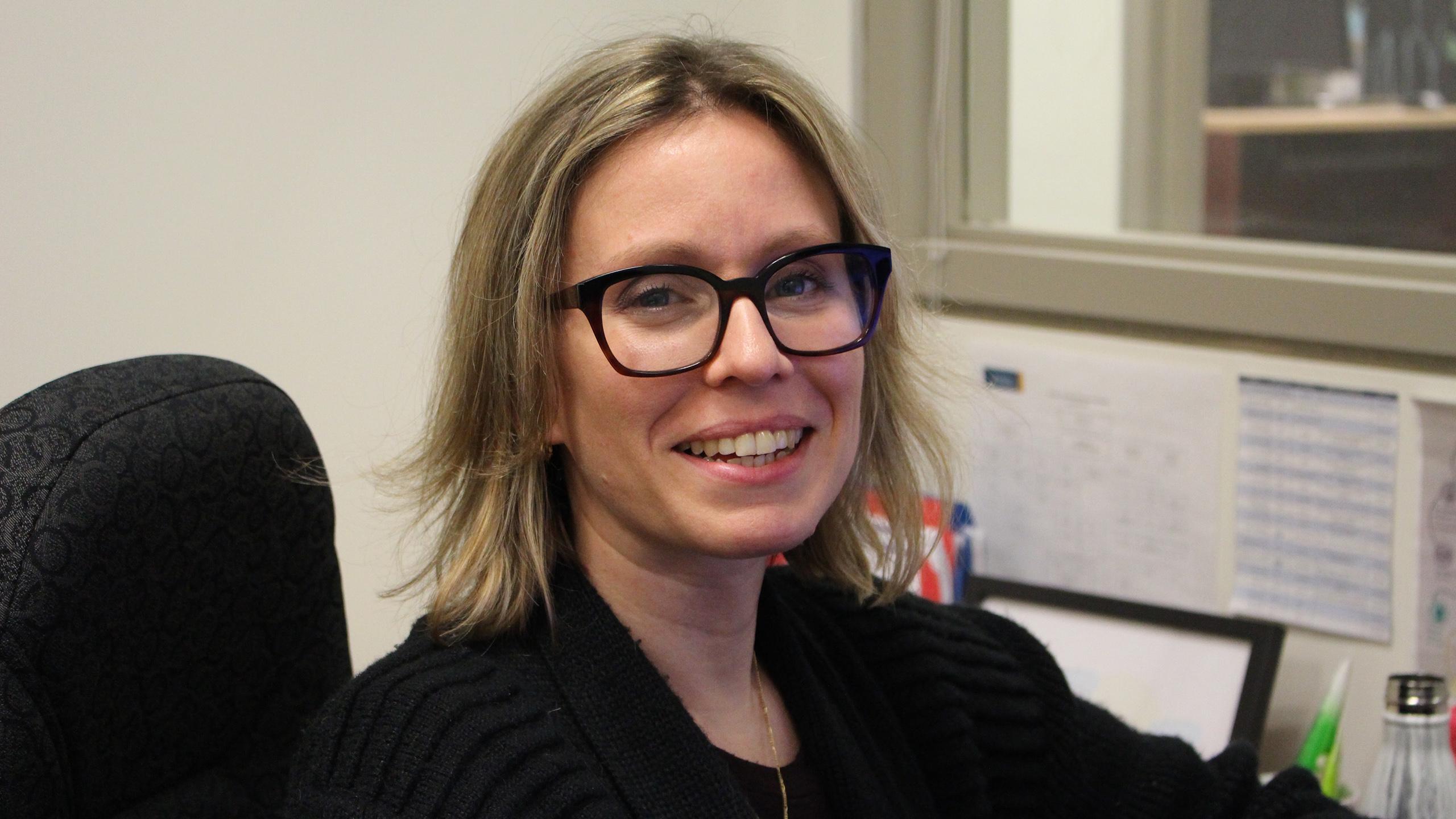By Neha Chollangi
The federal government announced $8.6 million in new funding for a Toronto youth employment program that helps struggling youth get into the workforce.
Including the money announced on March 14, total funding for the Toronto Youth Job Corps from the city, federal government and private sector totals $11.6 million for three years. The program plans to provide opportunities to 1,300 youth.
Commitment to funding has increased to three years from one. The Toronto Youth Job Corps focuses on youth between the ages of 16 and 29 who are not in school and don’t have work experience. Many come from disadvantaged backgrounds.
CP24 reported that in recent years, about one-third of participants in the Toronto Youth Job Corps program were visible minorities and 29 per cent had a disability.
According to the Toronto Foundation’s 2016 Vital Signs Report, 10 per cent of youth in the GTHA were classified by Statistics Canada in 2011 as “Not in Education, Employment or Training.” Youth who are racialized, newcomers, Aboriginal, LGBTQ and/or have disabilities are overrepresented in that category, the foundation said.
The Toronto Youth Job Corps program consists of two main phases. The first one is a five-week pre-employment period which prepares youth for the workplace through workshops. The second phase is a 16- to 24-week paid placement with a local employer.
After finishing the program, many participating youth are either hired by the company they worked for or choose to pursue higher education, said Jabari Lindsay, the manager of youth development in the City of Toronto.
According to Vital Signs, Toronto’s youth unemployment rate (measuring people ages 15 to 24) was between 15 and 20 per cent for over a decade leading up to the report. It was about 16 per cent in 2015—the latest year the report measured.
In February, the national youth unemployment rate was 12.4 per cent, almost double the overall unemployment rate, Statistics Canada reported.
Lindsay said the support and understanding given to youth in the Toronto Youth Job Corps program is what makes it unique.
If a youth has an outburst during the job, unlike regular placements which may fire them for unprofessional behaviour, the employer and program workers will sit down with them to give constructive feedback and work through their issues.
In the first phase of the program, participants go to a paint site and paint all day. Lindsay said that it is in these kinds of relaxed environments where most social workers have raw, breakthrough moments with participants who need that. The connections are easier to build in informal than formal environments.
Caroline Konrad is the director of Ryerson’s career centre. “What I find is a strong step with the program, is targeting the population that might fall into a dark hole and then that becomes a lifetime challenge,” she said. Konrad added that it’s very encouraging to have Toronto Mayor John Tory raise concerns about youth unemployment, which she said is much higher in Toronto than other places in Ontario.
“The importance of these programs is not just the specific number of youth they intend on helping but also the awareness created through this initiative, which might encourage other organizations to get involved with the issue as well,” said Konrad.
Many companies may want to recruit youth and help the unemployment issue, but don’t have enough knowledge or resources to do so themselves, Konrad said. This is where job programs can make meaningful partnerships with employers.
Ryerson students are not eligible to apply for the Toronto Youth Job Corps because they are in school, but they can apply after graduation.












Leave a Reply